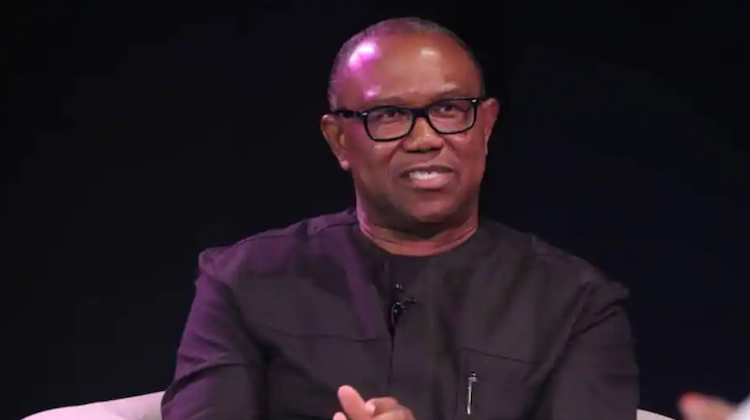In a recent statement, Jonathan Asake, a prominent member of the Labour Party and its 2023 governorship candidate for Kaduna State, reflected on Nigeria’s economic challenges and positioned them as consequences of the failure to elect Peter Obi as president in 2023. Asake articulated that if Obi had won, Nigeria would have witnessed a transformative shift from a consumption-oriented economy to one focused on production, as promised in Obi’s campaign. This assertion came during a ceremonial event where Labour Party flags were presented to candidates for the forthcoming local government chairmanship elections, underscoring Asake’s belief in Obi’s potential to implement significant economic reforms.
Asake’s critique extended to the ruling All Progressives Congress (APC), which he blamed for mismanaging Nigeria’s oil sector. He expressed dissatisfaction with the current state of the country’s refineries, noting that all but one—Dangote’s refinery—were non-operational. Asake voiced concern over government pricing interventions even in the functioning refinery, arguing that such control reflects poor economic policies and mismanagement. His remarks highlight a broader frustration with the government’s inability to sustain critical industries, which he views as symptomatic of Nigeria’s ongoing economic troubles.
While addressing concerns around the Labour Party, Asake dismissed claims of an internal crisis, characterizing the party as a family-like structure made up of like-minded individuals. He was keen to emphasize ongoing restructuring efforts aimed at fortifying the party in anticipation of the 2027 general elections. By framing internal disagreements as normal familial dynamics, Asake sought to reassure supporters and members that the party remained united and focused on its objectives, countering any narratives that might suggest instability within the organization.
Asake expressed optimism about the Labour Party’s future, particularly in the impending local government elections. He noted a growing awareness among Nigerians, suggesting that voters are becoming increasingly discerning and likely to support the Labour Party. This sentiment reflects a broader public disillusionment with the current government and a shift toward seeking alternative political options. As evidenced by Asake’s comments, there is a conviction within the party that their messages of social justice and reform resonate with the electorate, particularly in light of ongoing governance failures.
Supporting Asake’s views, Yusuf Danbaki, the Labour Party’s caretaker committee chairman in Kaduna State, reiterated the party’s commitment to unity and success in the upcoming elections. He emphasized the importance of backing their candidates, not just symbolically through the flag presentation, but also financially, showcasing the party’s determination to mobilize resources effectively. Danbaki’s remarks indicate a strategic focus on galvanizing support and resources to ensure successful outcomes in local governance, further demonstrating the party’s organizational strength.
In summary, Asake’s assertions regarding the benefits of electing Peter Obi cast the Labour Party as a viable alternative in Nigeria’s political landscape amid current economic hardships. He critiques the ruling party’s policies and management, particularly in the oil sector, while promoting the Labour Party’s vision of social justice and economic transformation. With both Asake and Danbaki championing a united front for the upcoming local elections, it is evident that the Labour Party is gearing up to leverage public sentiment in its favor, in a bid to reshape Nigeria’s governance and economic approach moving forward.


